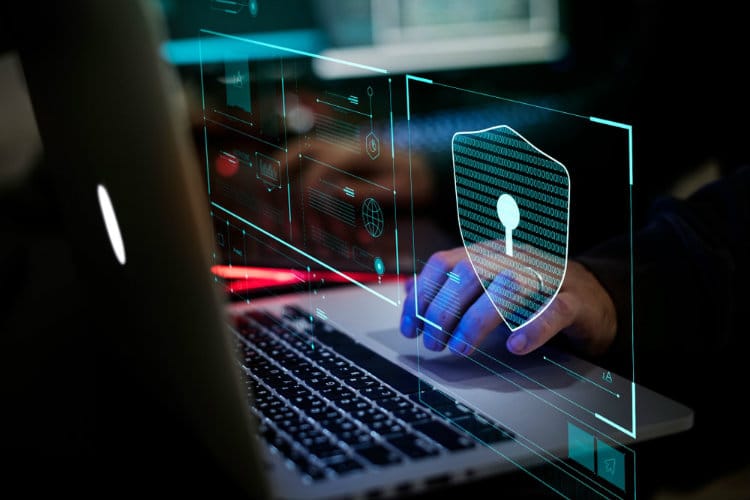The growth of Blockchain technology seems to be getting bigger and bigger every day. In the last few decades, things like high transaction costs, double spending, net fraud, recovering lost data, etc., have been proven wrong.
But Blockchain has made this no longer necessary. Here are a few reasons why blockchain technology is an excellent way to handle money:
Cost Reductions

People usually pay a bank to verify a transaction, a notary to sign a document, or a priest to perform a wedding. In the age of Blockchain, it’s not necessary or cost-effective to use a third party to check something.
For example, when a business takes credit card payments, the money must be moved between accounts at different banks and processed by a third-party company. It costs money. But Bitcoin is not controlled by a single group and has low transaction costs.
Decentralization
In the Blockchain, information is not kept in one place. Instead, many copies of the Blockchain are spread across a network of computers. Every machine on the network updates its copy of the chain immediately.
By putting records all over a network instead of keeping them all in one place, Blockchain makes it harder to change them. Obtaining a copy of the Blockchain would not give an attacker access to the whole network.
Efficient Transactions
Transactions that go through a central clearinghouse can sometimes take a few days to settle. If you deposit a check on Friday night, you might not be able to get the cash until Monday morning.
Unlike traditional financial institutions, Blockchain can process transactions around the clock, every day of the year. It is good news for international transactions, where time zone differences and the need for all parties to confirm payment processing can add a lot of time.
Private Transactions

Anyone with access to the Internet and the history of transactions on a blockchain network. It can look at the history of transactions on the network.
People can see details about transactions, but they can’t see any information that could be used to find out who did the transactions. People often think that cryptocurrencies and blockchain networks give them total anonymity.
The Blockchain records a user’s public transaction and a unique code called the user’s public key. Even if a Bitcoin were bought on an exchange that asks for ID, the buyer’s identity would still be linked to the buyer’s blockchain address. However, the buyer’s identity would not be revealed by the name of a transaction.
Safe Transactions

To ensure that each blockchain transaction is confirmed, the network must check its validity frequently. Right away, the information about the transaction is checked by the thousands of computers on the Blockchain.
After the computer checks the transaction, it adds it to a block in the Blockchain. To ensure the Blockchain is always correct, each block has its unique hash and the hash of the block before it.
The hash code for that block will be changed, but the hash code for the block that comes after it will not. Because of this difference, changes to the data in the Blockchain are straightforward to spot.
Transparency
Most blockchains are entirely free and open to the public. It means that its source code can be seen by anyone who wants to. It means that cryptocurrencies like Bitcoin can be checked for safety by a third party.
It also means that no single group can be said to have the last word on Bitcoin’s source code or any changes made to it in the future. It means that anyone who uses the infrastructure can suggest ways to make it better. Bitcoin can be changed if enough people on the network agree that the new code is stable and helpful.
Banking the Unbanked
Blockchain and Bitcoin are revolutionary because anyone can use them, no matter who they are or where they come from. The World Bank says that about 1.7 billion people do not have bank accounts or other safe ways to save money and valuables.
Most of these people live in countries where the economy is still in its early stages, and hard currency is the only way to buy things.
Many of these people have modest jobs and get paid in cash. Since they have to hide large amounts of cash in their homes or other places, they are at risk of being robbed or hurt for no reason.
Private keys for Bitcoin can be written down, saved in memory, or even kept in a cheap cell phone. Most people would find it easier to hide these things than a small amount of money under their mattresses.
Conclusion
Blockchain is becoming more well-known, thanks mainly to bitcoin and other cryptocurrencies, which have sparked a lot of interest in the technology and its many possible uses.
Blockchain, the latest investment trend, could make government and business processes more efficient, save money, and make safer.
